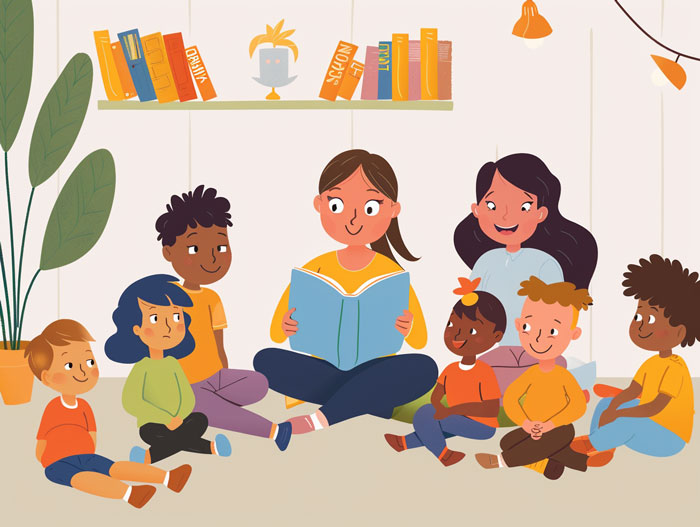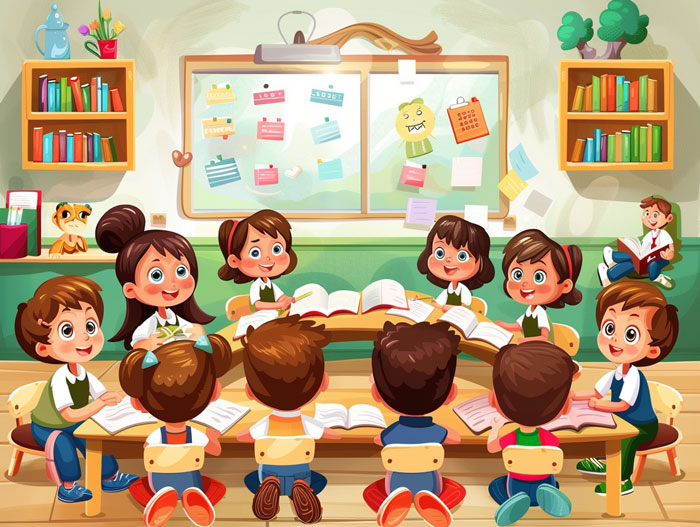Have you ever found yourself in a situation where you needed to express regret or wrongdoing? That’s where the word “sorry” comes in. When we use the word “sorry,” we are acknowledging our mistake or expressing empathy towards someone else’s feelings.
In everyday conversations, “sorry” is a simple yet powerful way to convey remorse, seek forgiveness, or show compassion. Whether it’s apologizing for a mix-up at work, showing empathy for a friend going through a tough time, or acknowledging fault in a disagreement, saying “sorry” can help strengthen relationships and foster understanding.
7 Examples Of Sorry Used In a Sentence For Kids
- Sorry for accidentally bumping into you.
- Can you please pass me that crayon, sorry I can’t reach it?
- Sorry for spilling water on your drawing.
- I am sorry for cutting in line.
- Sorry for stepping on your toy truck.
- Can I borrow your eraser, sorry I lost mine?
- Sorry for making a loud noise during the class.

14 Sentences with Sorry Examples
- Sorry I didn’t submit my assignment on time.
- Can you please lend me your notes? Sorry I forgot to bring mine.
- Sorry I accidentally spilled coffee on your laptop.
- Sorry I’m late, the traffic was really bad.
- Sorry I didn’t show up for our group study session yesterday.
- Can I borrow your charger? Sorry I forgot mine at home.
- Sorry I forgot to return your book to the library.
- Sorry I made a mistake in my presentation slides.
- Sorry I took the last slice of pizza without asking.
- Sorry I missed your birthday party, I had an exam that day.
- Do you mind if I sit here? Sorry all the other seats are taken.
- Sorry I accidentally deleted our group chat conversation.
- Sorry I won’t be able to join you for the movie tonight, I have a family dinner.
- Sorry for being rude to you earlier, I was stressed about my exams.

How To Use Sorry in Sentences?
When using the word Sorry in a sentence, it is important to express regret or apologize for something that has happened. Here are some tips on how to use Sorry effectively:
- Apologize: You can use the word Sorry to apologize for a mistake or offense. For example, “I am Sorry for being late.”
- Express Regret: Sorry can also be used to express regret or sympathy for someone’s situation. For instance, “I am Sorry to hear about your loss.”
- Acknowledge Responsibility: When using Sorry, it is important to take responsibility for your actions. For example, “I am Sorry that I forgot to call you.”
- Sincerity: When saying Sorry, make sure to be sincere and genuine in your apology. This will show that you truly regret your actions.
- Receive Apology: If someone else apologizes to you, you can respond with “It’s okay” or “I accept your Sorry” to acknowledge their apology.
Overall, using Sorry in a sentence is a way to show empathy, regret, or take responsibility for your actions. Remember to use it sincerely and respectfully to maintain healthy relationships with others.

Conclusion
In conclusion, using the word “sorry” in sentences is a common way to express regret, apologize, or show empathy in various situations. It can range from a simple acknowledgement of fault to a sincere expression of remorse. “Sorry” is a powerful word that can help mend relationships, resolve conflicts, and demonstrate humility.
Whether it’s in personal relationships, professional settings, or everyday interactions, incorporating “sorry” into our sentences can foster understanding and promote a culture of empathy and forgiveness. By using this word thoughtfully and genuinely, we can navigate challenging situations with grace and humility, creating stronger connections and fostering positive communication.



